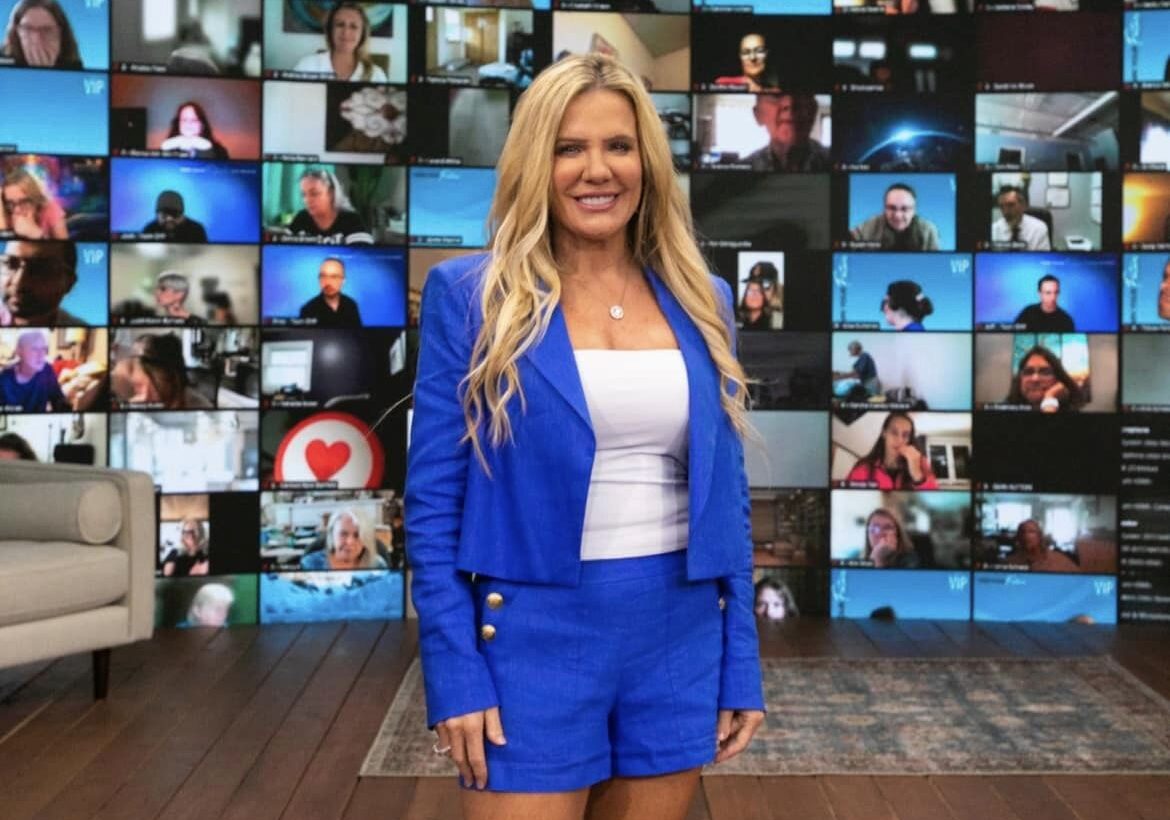Navigating the interview process can be one of the most daunting experiences for job seekers. The pressure to perform well and make a lasting impression can lead to anxiety and self-doubt.
However, confidence is a crucial factor in interview success, often significantly influencing hiring outcomes. Studies indicate that candidates who exhibit confidence are more likely to be perceived as competent, which can dramatically affect their chances of landing a job.
In this blog, we will explore actionable tips designed to boost your confidence when answering interview questions, ensuring you leave a positive impression on potential employers.
Understanding the Interview Process
What to Expect in an Interview
Understanding the interview structure is key to alleviating anxiety. Typically, interviews are divided into several segments, including:
- Introduction: Where both parties establish rapport.
- Core Questions: The interviewer assesses your qualifications and fit for the role.
- Q&A Session: You have the opportunity to ask questions about the company and role.
- Closing: Wrap-up and next steps outlined.
Common types of interview questions include:
- Behavioural Questions: Assessing past experiences to predict future behaviour.
- Technical Questions: Evaluating specific skills related to the job.
- Situational Questions: Framing hypothetical scenarios to gauge your problem-solving abilities.
The Psychology of Confidence
Confidence plays a significant role in how interviewers perceive candidates. Positive body language, such as maintaining eye contact and offering a firm handshake, can reinforce a confident image.
Additionally, overcoming anxiety is essential; techniques such as deep breathing or positive visualization can help calm nerves and bolster self-assurance.
Remind yourself that interviews are two-way conversations, allowing you to determine whether the role aligns with your career goals.
Preparing for the Interview
Researching the Company
Thorough research about the company is imperative for tailored and effective responses.
Understanding the organization’s mission, values, and culture will help you align your answers to demonstrate your fit. Here are some tips for effective research:
- Visit the company’s website to grasp its mission and values.
- Explore recent news articles or press releases for up-to-date information.
- Use platforms like LinkedIn to gather insights into the company culture from current employees.
Practicing Your Responses
Preparation is vital for building confidence. Anticipate common interview questions, such as:
- “Tell me about yourself.” Craft an engaging, concise narrative that highlights your professional journey.
- “What are your strengths and weaknesses?” Choose relevant strengths and frame weaknesses positively as areas for improvement.
- “Why do you want to work here?” Connect your skills and interests to the role and company ethos.
Role-playing these scenarios with a friend or mentor can simulate the interview environment, which helps you become more comfortable. Additionally, employ the STAR method (Situation, Task, Action, Result) to structure your answers, particularly for behavioural questions.
Developing Your Personal Brand
Crafting Your Elevator Pitch
Your elevator pitch is a powerful tool in interviews. It should be a concise and impactful introduction that encapsulates your professional background and what you bring to the table. Key elements to include:
- A brief overview of your professional experience.
- Key skills and achievements.
- What you seek in your next role.
Concisely rehearsing your pitch boosts confidence, allowing you to deliver it with authenticity.
Highlighting Your Unique Selling Proposition (USP)
Identifying your Unique Selling Proposition (USP) can set you apart from other candidates. Reflect on your achievements, skills, and experiences that make you unique, and strategically weave this into your responses.
This could be a specific project you led, a skill that is in demand, or an innovative solution you provided in a past role.
Techniques for Answering Questions Confidently
Active Listening
Effective communication goes both ways. Active listening ensures that you fully understand questions before responding.
Techniques like paraphrasing the question or asking for clarification can demonstrate your engagement and thoughtfulness.
Taking Your Time
In the face of challenging questions, remember that it’s perfectly acceptable to take a moment to gather your thoughts.
Pausing not only helps you formulate a more coherent response but also projects confidence. Use this time to align your answer with the job requirements and your personal narrative.
Using Positive Language
The language you choose affects how your responses are perceived. Employing positive and assertive phrasing can elevate your confidence.
Instead of saying, “I think I can manage this responsibility,” try, “I am confident I can successfully manage this responsibility.” This subtle shift may instill a more robust impression.
Dealing with Difficult Questions
Handling Pressure Situations
Difficult questions can only add to the stress of interviews. When faced with tricky or unexpected inquiries, take a calming breath and approach the question with structure. Acknowledge the difficulty, articulate your thought process, and provide a clear answer. This demonstrates your ability to remain composed under pressure.
Reframing Negative Experiences
Discussing past failures or weaknesses can be uncomfortable but is often necessary. Frame these experiences constructively by focusing on lessons learned and how you’ve grown in response to challenges.
For instance, rather than stating a failure outright, you could say, “I faced a significant challenge, but it taught me critical resilience and adaptability skills that I apply today.”
Following Up After the Interview
The Importance of Thank You Notes
Following up with a professional thank-you email can reinforce your interest in the position. In your note, reiterate your enthusiasm for the role, reflect on a specific discussion from the interview, and thank the interviewer for their time. This helps keep you top of mind as they make their hiring decision.
Continuing to Prepare for Next Steps
Post-interview reflection can be as important as preparation. Evaluate your performance objectively, identifying areas of strength and those needing improvement. This process will assist you in refining your approach for future interviews, helping you build on your successes and learn from setbacks.
Conclusion
In summary, mastering how to answer interview questions with confidence is a vital skill that can greatly influence your job search success.
By thoroughly preparing, understanding the interview process, and employing techniques to bolster your confidence, you empower yourself to present your best self. Embrace the opportunity to showcase your unique talents and tell your story.
Take these strategies into your upcoming interviews and remember: practice makes perfect! We encourage you to share your interview experiences and insights in the comments below – your journey may inspire another job seeker.


















